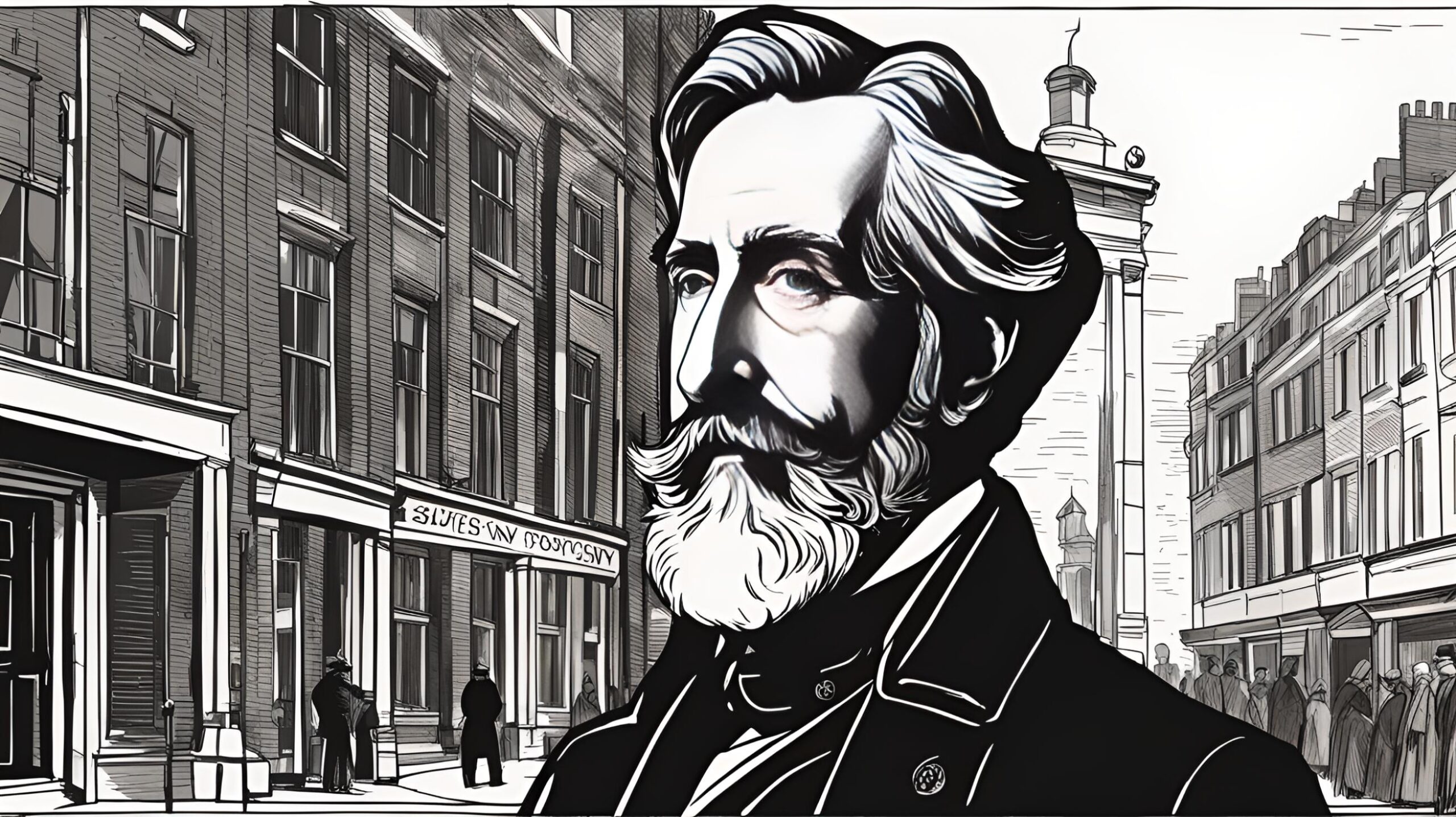Flashback to July 5
American History

The historic event, “The Treaty with the Ottawa,” which took place on the notable date of 12/30/1816, marked a significant turning point in the relationship between the United States and the Native American tribes, specifically the Ottawa and the Wyandot, Ojibwe, and Potawatomi tribes. This treaty, often overlooked, played a consequential role in shaping the contemporary landscape of the United States, manifesting the government’s effort to foster peaceful relations with the native tribes across the newly enclosed territories.
The Treaty of 1816 or “The Treaty with the Ottawa, etc.” was primarily a land agreement between the federal government and four regional tribes of North America, the Ottawa, Wyandot, Ojibwe, and Potawatomi. This agreement marked an attempt to safeguard the peaceful coexistence between the United States and the native tribes. These tribes ceded a considerable amount of land in the Ohio and Michigan areas to the United States to ensure better diplomatic ties.
In exchange for the land, the U.S. government promised to provide goods and services to the tribes. This was seen as an effort to compensate for the land which has essential economic, spiritual, and cultural significance for the tribes.
The landmark date ’12/30/1816′ associated with the event “The Treaty with the Ottawa” holds a profound historical significance. It was on this day that the United States government publicly proclaimed the treaty, thereby confirming it as a legal document. This official proclamation of the treaty brought a dramatic transformation in the landscape and the demography of the U.S. territories, making the treaty’s historic significance even more profound.
This significant treaty was based on the United States’ expansionist aims, incorporating the indigenous lands into the emerging nation. The government promised to provide goods, tools, and services to the tribes in exchange for their vast lands. Despite the evident imbalance, the tribes assented under the consolation of maintaining peace with the encroaching settlers and the government.
Talking about the implications of “The Treaty with the Ottawa,” it crucially affected the Ottawa and other tribes including the Wyandot, Ojibwe, and Potawatomi. It was a watershed in the historical course for these tribes. The tribes had culturally, spiritually, and financially invested in these lands for generations, which they had to cede to the government as part of the treaty. Thus, the treaty manifested colossal changes in their traditional way of living, affecting their generations to come.
Interestingly, the treaty’s acknowledgment and its commemoration on 12/30/1816 kick-started a new phase in the American history, shaping the regional settings of Ohio and Michigan. As a result of this, today, we see a vibrant amalgamation of indigenous and non-indigenous communities residing together in these regions.
A deeper delve into “The Treaty with the Ottawa” scenario highlights the momentous alteration in the socio-political framework of the United States. The changes were part of the broader reconfiguration related to territorial re-alignment and cultural assimilation. The year 1816 marked these major alterations cementing them in history forever.
Comprehending this historical event from the perspective of the native American tribes involved also brings awareness about their resilience and adaptability. Despite the challenges thrown at these tribes with the proclamation of the treaty, they showed great prowess to survive and sustain whilst preserving their cultural heritage.
Looking at this event from the prism of the U.S. history, “The Treaty with the Ottawa,” proclaimed on 12/30/1816, navigated a new path, fusing the aspects of expansion, diplomacy, and multi-cultural co-existence. As we study this historical event, we realize the enormity of the changes it brought, leaving its imprints on the contemporary American landscape. This valuable chapter from the year 1816 therefore continues to resonate as a pivot in the American historical narrative.
We strive for accuracy. If you see something that doesn't look right, click here to contact us!
Sponsored Content

William Booth founded Salvation…
"On July 5, 1865,…

Engagement at Carthage, Missouri.
The Engagement at Carthage,…

C Jackson discovers asteroids…
On July 5, 1937,…

Committee of 9 appointed…
On July 5, 1843,…

William Shockley invents the…
On July 5, 1951,…

President Franklin Roosevelt signs…
On July 5, 1935,…

